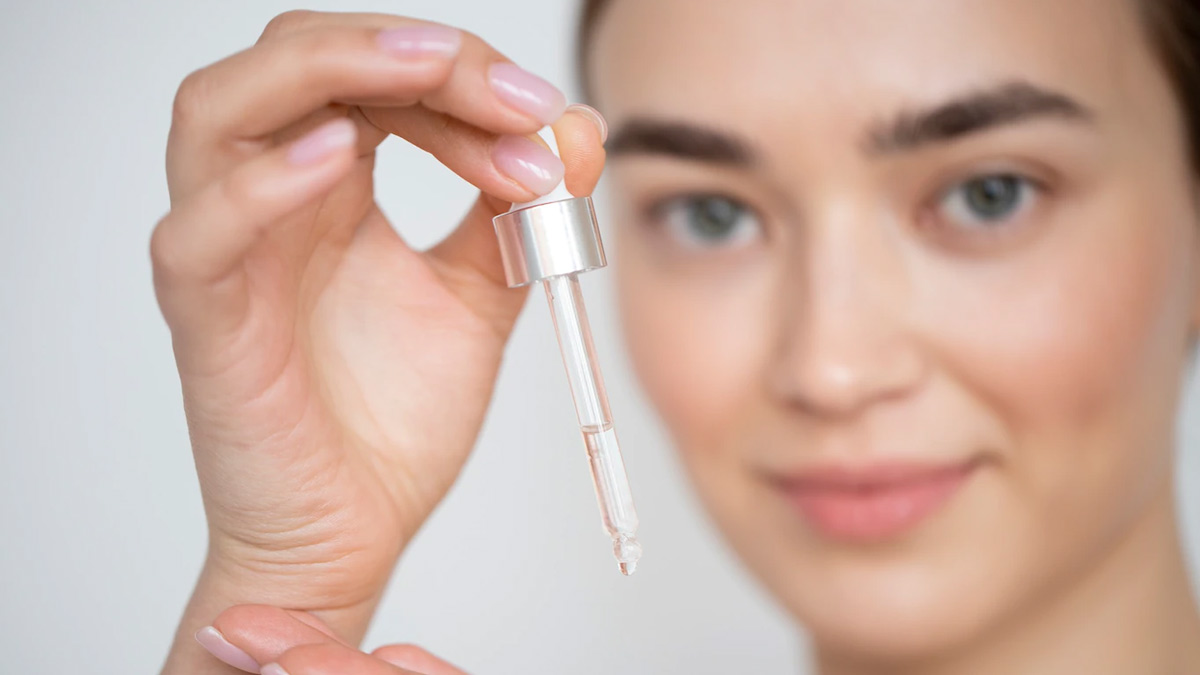Can You Use Retinol And Sunscreen Together In Summer? Find Out Here
Summer's here, bringing with it longer days, brighter sunshine, and a renewed focus on outdoor activities. While we're all eager to soak up some Vitamin D, it's also the season when sun protection becomes paramount. But what if your skincare routine includes retinol, a powerhouse ingredient known for its anti-aging and acne-fighting benefits? Can you safely use retinol and sunscreen together during the intense summer months? We spoke to , to get the expert scoop.
Retinol, a derivative of Vitamin A, works wonders for the skin by boosting collagen production, accelerating cell turnover, and improving skin texture and tone. Dr Gulati explains, "Retinol is a fantastic ingredient for addressing various skin concerns, from fine lines and wrinkles to acne and hyperpigmentation. However, its mechanism of action makes the skin more sensitive to ultraviolet (UV) radiation."
This increased sensitivity is a crucial point to consider, especially during summer when UV index levels are typically at their highest. Using retinol without adequate sun protection can lead to:
The good news is that you don't necessarily have to ditch your beloved retinol during the summer. According to Dr Gulati, "Using retinol and sunscreen together in summer is not only possible but highly recommended to protect your skin from sun damage while still reaping the benefits of retinol."
However, the key lies in diligent and strategic application. Here's how to make this powerful duo work for you during the summer months:
"Broad-spectrum sunscreen with an SPF of 30 or higher is your best friend when using retinol, especially in summer. Apply it liberally every morning, even on cloudy days, and reapply every two hours, or immediately after swimming or sweating," emphasizes Dr Gulati. Don't forget often-neglected areas like your ears, neck, and the back of your hands.
To minimise sun sensitivity, always incorporate your retinol product into your nighttime skincare routine. This allows the product to work its magic while your skin is not directly exposed to UV radiation.

If you're new to retinol or increasing the frequency of use during summer, begin with a lower concentration and apply it less frequently (e.g., once or twice a week). Gradually increase the frequency as your skin tolerates it.
Pay close attention to how your skin feels. If you experience excessive dryness, redness, or irritation, reduce the frequency of retinol application or take a break.
During peak summer months, you might consider switching to a retinol product with a lower concentration to minimize potential sensitivity.
Combat potential dryness and irritation by incorporating hydrating serums or moisturizers containing ingredients like hyaluronic acid, ceramides, or niacinamide into your routine. Apply these before your sunscreen in the morning and after your retinol at night.
If you've spent a significant amount of time in the sun, even with sunscreen, consider skipping your retinol application that night to avoid further stressing your skin.
Sunscreen is crucial, but it's just one part of sun protection. Wear wide-brimmed hats, sunglasses, and sun-protective clothing whenever possible, especially during peak sun hours (typically 10 am to 4 pm). Seek shade when you can.
Using retinol and sunscreen together in summer is not only safe but essential for maintaining healthy and youthful-looking skin. By following Dr Gulati's expert advice and prioritizing sun protection, you can continue to enjoy the benefits of retinol without compromising your skin's health during the sunny season. So, embrace the summer, but remember to be smart about your skincare routine!










